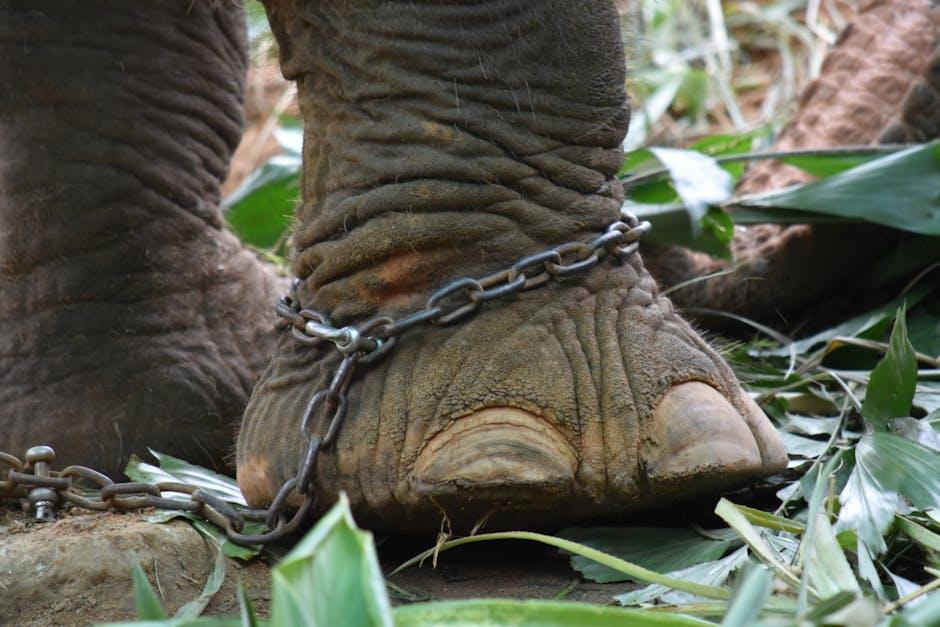In the kaleidoscope of family vacations, where laughter echoes against the backdrop of sunlit beaches and towering mountains, there exists an often overlooked dimension—a glimpse into the stark reality of extreme poverty. As families embark on journeys to explore new cultures and landscapes, they may inadvertently encounter communities where daily life is a struggle against the relentless tide of deprivation. This article delves into the juxtaposition of leisure and hardship, inviting readers to reflect on the profound contrasts that travel can unveil. By examining these encounters through a neutral lens, we aim to foster a deeper understanding of the socio-economic disparities that exist within our world, and how they can unexpectedly intersect with the realm of family vacations.
Balancing Adventure and Awareness in Family Travel
In the quest to combine exploration with empathy, families often find themselves traversing landscapes where the disparity in living conditions becomes starkly evident. While the allure of vibrant cultures and breathtaking vistas is undeniable, it’s crucial to foster an environment of awareness and understanding, particularly when encountering extreme poverty. This juxtaposition of adventure and awareness can be a powerful educational tool, shaping young minds to appreciate diversity and cultivate compassion.
Here are some thoughtful approaches to ensure your family journey remains sensitive and enriching:
- Engage with Local Communities: Participate in community-led tours and activities. This not only supports local economies but also provides authentic insights into their daily lives.
- Educate Before You Go: Equip your family with knowledge about the regions you’ll visit. Understanding the historical and socio-economic background enhances respect and empathy.
- Practice Mindful Photography: Capture memories responsibly. Always ask for permission and consider the dignity of the individuals and environments you photograph.
- Support Ethical Businesses: Choose accommodations and tour operators committed to sustainable and fair practices.
By integrating these mindful practices, families can transform travel into a profound learning experience, where the spirit of adventure harmonizes with a deeper understanding of global realities.

Understanding the Impact of Tourism on Local Communities
Tourism, often celebrated for its economic benefits, can sometimes cast a long shadow over local communities, revealing stark realities that are typically hidden from the casual observer. Family vacations in exotic locales frequently provide more than just a backdrop of pristine beaches and vibrant markets; they offer a window into the everyday struggles of those who live there. While visitors enjoy the sun-soaked paradise, the local inhabitants may be facing extreme poverty, a contrast that is hard to overlook.
- Economic Disparities: The influx of tourists often drives up prices, making basic necessities unaffordable for locals.
- Cultural Erosion: Traditional practices may be commercialized or lost altogether as communities cater to tourist expectations.
- Environmental Impact: Increased waste and resource consumption strain local ecosystems, often with little reinvestment in sustainable practices.
While tourism can indeed bring much-needed revenue, it is crucial to address the underlying socio-economic issues that such interactions highlight. For a truly enriching travel experience, one must look beyond the surface and engage with the community in meaningful ways that promote equitable development.

Choosing Ethical Accommodations and Activities
When planning a family vacation that aims to educate and inspire empathy, it’s crucial to consider the ethical implications of your choices in accommodations and activities. Opt for lodging options that prioritize sustainability and community support. This could mean staying at locally-owned guesthouses or eco-friendly resorts that contribute to the local economy and reduce environmental impact. Many of these accommodations have initiatives that benefit the surrounding community, such as employing local staff or sourcing food from local farms.
As for activities, seek out experiences that offer genuine cultural exchanges rather than exploitative tourism. Consider engaging in community-based tourism where locals guide you through their daily lives, offering insights into their culture and challenges. Participate in workshops or volunteer programs that have a lasting positive impact on the communities you visit. When selecting tours or excursions, ensure that they are operated by companies with a commitment to ethical practices, focusing on education and respect rather than sensationalism. This thoughtful approach not only enriches your family’s experience but also supports the dignity and development of the host communities.
Empowering Families to Make Informed Travel Decisions
When planning a family vacation, the allure of exotic destinations often overshadows the stark realities faced by local communities. Traveling to regions marked by extreme poverty can be eye-opening and educational, but it also raises ethical considerations. Families are increasingly seeking to balance their travel experiences with a deeper understanding of the social and economic contexts of the places they visit. This approach involves a conscientious effort to engage with local cultures respectfully and support communities through thoughtful choices.
- Educational Opportunities: Encourage children to learn about the history and current challenges of the area. This can foster empathy and a global perspective.
- Support Local Economies: Opt for locally-owned accommodations and eateries. This not only enriches the experience but also contributes directly to the local economy.
- Responsible Tourism: Participate in tours and activities that are ethically run and benefit the community.
By making informed travel decisions, families can enjoy meaningful vacations that respect the dignity of the places they visit, while also enriching their own experiences through genuine cultural exchange.




